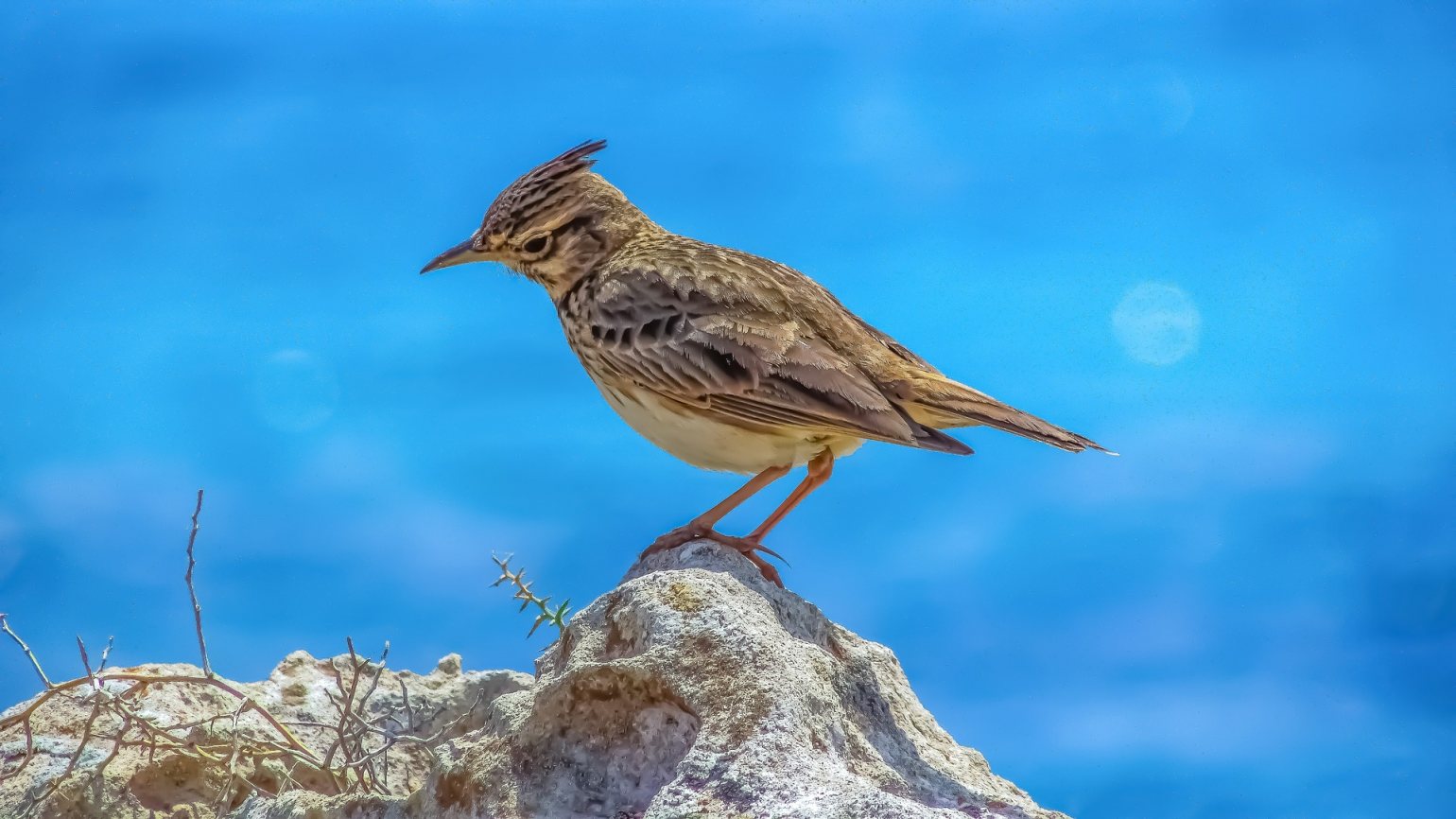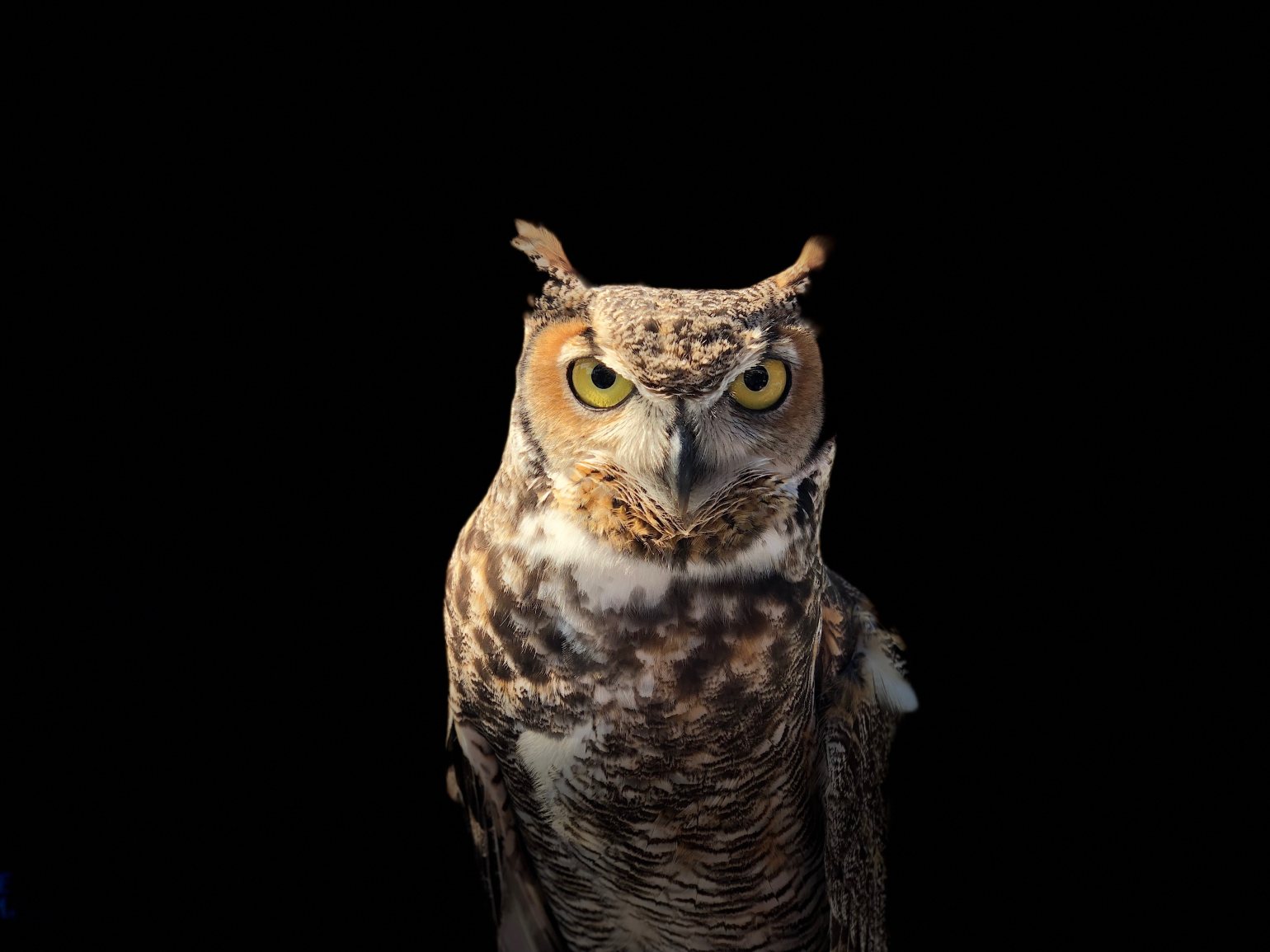Night Owls & Morning Larks - And So To Bed
Do you wake up raring to go, or have to fight with the snooze button to help you get up?
Some people tend to wake bright and early and get up and active straight away, and are happiest tucked up in bed at a reasonable time. These people are known as “larks”. Other people are definitely not their best in the morning, but can happily stay up very late chatting or working until the early hours of the morning. These people are known as “owls”. There are also, of course, many people whose sleep preference lies in-between these two extremes.
Research suggests that these two types of people - larks (morning people) and night owls (evening people) - are genetically pre-determined. This means that if you were born a lark or an owl and it is almost impossible to change from one to another. The fact is that, even though most adults need 7-9 hours of sleep each day, exactly when our bodies naturally tend to fall asleep and wake up each day varies. This is our circadian rhythm.
Understanding which sleep type is your natural preference is important when you consider when you need to be alert. In shift work, for example, it may be more difficult for a lark to work a “night-shift” compared to an owl.
Larks

The lark trait of getting up early and starting the day with vigour can give you a boost as you will have achieved a lot before lunchtime. You might have find that you even have time to go to the gym before work. If you know that you are a lark, it would be best to make your morning extra productive by getting to those tricky tasks, rather than leaving them for the afternoon when your concentration will not be as good.
As well as getting kudos for being the first one in the office in the morning… a recent study reported in the British Medical Journal suggested another unexpected benefit of being a lark. Being a lark (a morning person) is associated with a lower risk of developing breast cancer than being an owl (or an evening person). Also, a 2018 study in Chronobiology International found that night owls were 10% more likely to have an early death compared to larks.
Children are natural larks, as most weary parents will agree! You might find your toddler regularly coming into your bedroom before 6am wide awake and ready to play! However, as children age and become teenagers, their circadian rhythms drift more into wanting to go to bed late and sleep in late - they naturally become owls during their teenage years. There has been a great deal of debate in the US recently to get high schooler to have later start-times, to enable teenagers to get enough sleep by sleeping in. Next time your teenager is sleeping in until noon, remember that this is perfectly normal, and they can’t really help it! It is speculated that teenagers may have evolved to need a later bedtime and wake time, so that they could carve out some social time when they were awake, but the rest of the adults were sleeping - to help the teenagers develop their independence.
Similarly, the elderly often go to bed early and wake early - as their circadian rhythms move once again towards becoming larks.
Owls

A 2018 study by Dr Elise Facer-Childs in the journal Sports Medicine showed that cognitive performance, reaction time and sleepiness of larks and owls matched their preferred type. That is, larks had better cognitive function, had better reaction times and were less sleepy at 8am relative to owls. Dr Facer-Childs suggests that life is harder for night owls, as they have to get up earlier than they would like to go to school and go to a normal 9-5 job - so they are constantly having to fight against their natural preferences and their innate rhythms.
Although there seem to be a great deal of benefits associated with being a lark, Satoshi Kanazawa reported in 2009 in the journal Personality and Individual Differences that owls might be more intelligent and more creative than their lark counterparts. The study concluded that "More intelligent children are more likely to grow up to be nocturnal adults who go to bed late and wake up late on both weekdays and weekends.”
Also, night owls tend to adapt better to shift work - perhaps because they are used to having to compromise their natural sleep needs daily to function in the typical 9-5 society.
How can you change which type you are?
Although you can’t completely change which type you are as it is mostly genetics, here are some things you that can do to help you be less of an owl and more of a lark:
Get light exposure early in the morning. You could go for a walk outside in the sunshine in the morning which will help your body clock to shift earlier. If you can’t get outside, you can use an SAD (seasonal affective disorder) light box to mimic bright sunshine and put it on for an hour or two in the morning.
Make sure that you don’t get light in the evening. Don’t use LED devices in the evening that emit blue-light as that will make your brain think it is earlier than it is, and delay your bedtime.
Try to keep a regular bedtime and try not to let yourself go to bed late, even if you don’t feel tired.
Live and work according to your type
If you are a night owl you and know that you work better in the evening, see if you could have a flexible working pattern to help you maximise this. If you have to be at work at 9am, try to do your least demanding tasks first thing in the morning, so that you will have woken up properly when you get to the more complex tasks.
Whichever type you are, make sure that you enjoy your night's sleep in a comfortable bed. And So To Bed offer beds, bedding and matresses for a wonderful night's sleep.
Dr Lindsay Browning is a sleep expert at Trouble Sleeping, author of the self-help sleep book Navigating Sleeplessness and can be found on all social media @DrBrowningSleep. She is the resident sleep ambassador for And So To Bed.
-
Posted by Dr Lindsay Browning
21st October 2019


